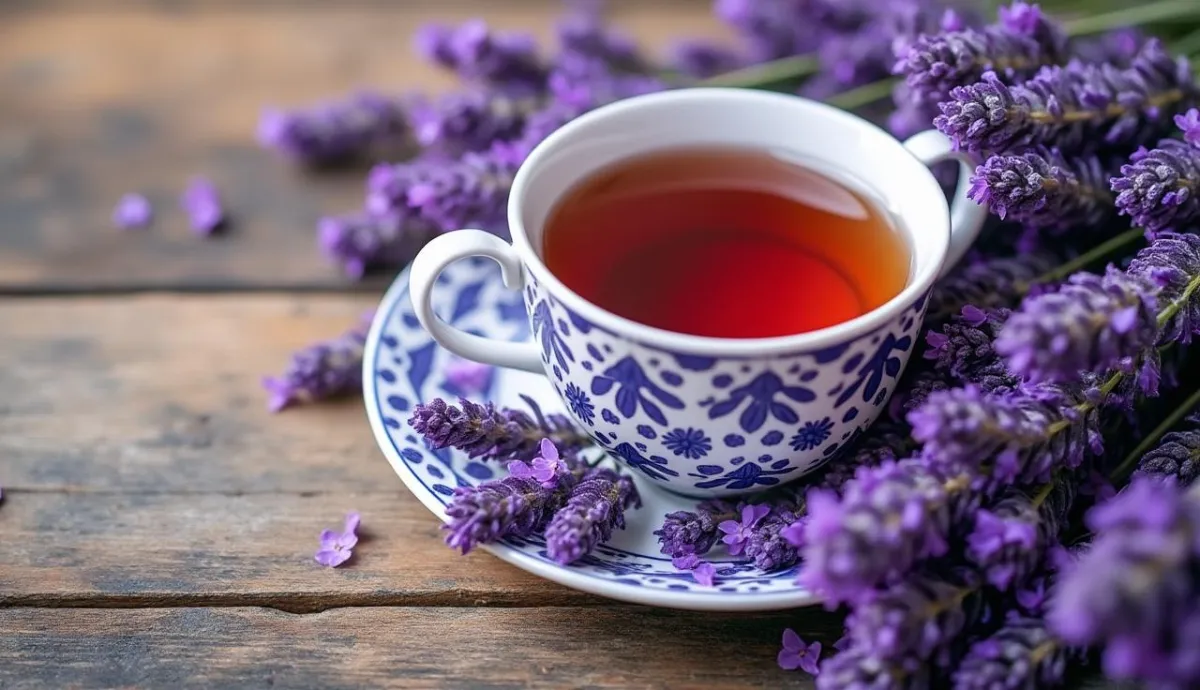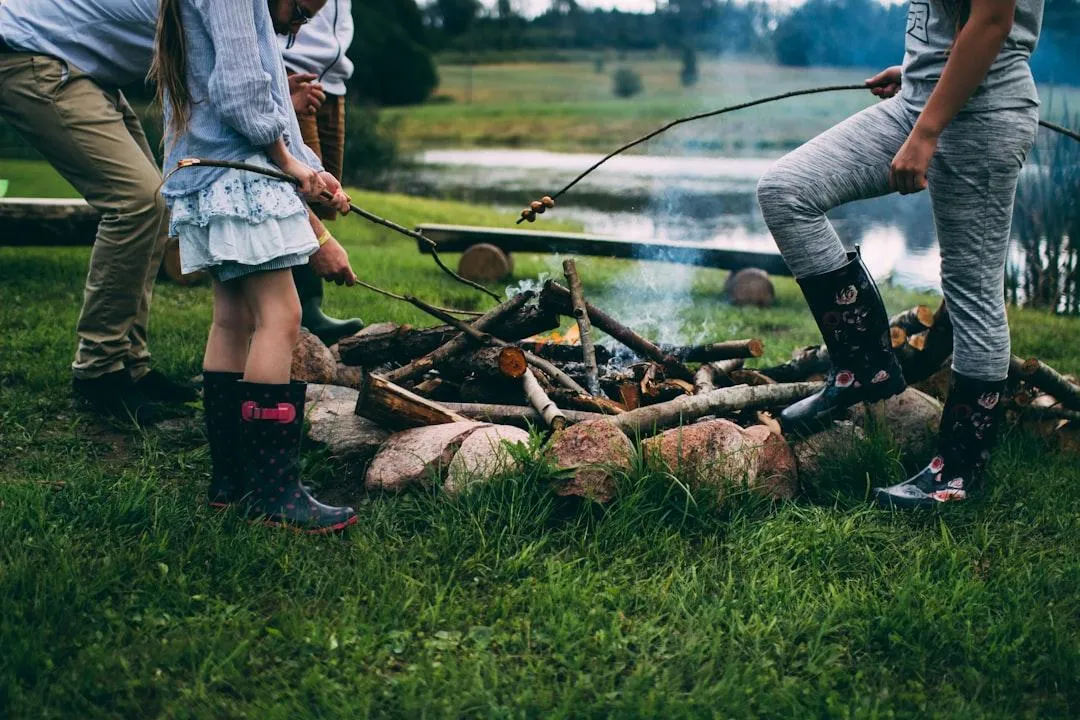
HOMESTEAD FANATIC BLOG
Discover amazing destinations, plan your perfect trip, and book unforgettable experiences. Our travel website makes traveling around the world easy, enjoyable, and hassle-free.
EXPLORE GREAT PLACES
THE HOMESTEAD BLOG

The Ultimate Guide to Lavender: How to Use It for Better Sleep
Introduction
In our fast-paced world, getting a restful night’s sleep can feel like a luxury. If you’ve been searching for natural remedies to improve sleep quality, lavender might be the answer you’re looking for. Revered for its calming scent and therapeutic properties, lavender has been used for centuries to promote relaxation and combat insomnia. In this comprehensive guide, we’ll dive into the science behind lavender, explore its benefits for sleep, and uncover practical ways to incorporate it into your bedtime routine.
Why Lavender Helps with Sleep: The Science Behind the Scent
Lavender (Lavandula angustifolia) is renowned not just for its delightful fragrance but also for its ability to ease anxiety and induce sleep. Studies have shown that lavender's aroma can lower heart rate, blood pressure, and skin temperature, all of which are physiological changes associated with relaxation and sleep. Inhaling lavender oil has been found to increase slow-wave sleep, the deep sleep phase crucial for physical and mental restoration.
Lavender’s calming effect is largely due to linalool and linalyl acetate, two naturally occurring compounds that interact with the brain's neurotransmitters to reduce stress and promote tranquility. This makes lavender a gentle, non-habit-forming alternative to pharmaceutical sleep aids.
Best Ways to Use Lavender for Sleep
Incorporating lavender into your nighttime routine can be simple and enjoyable. Here are some of the most effective methods:
1. Lavender Essential Oil Diffusion: Adding a few drops of lavender essential oil to a diffuser can fill your room with a soothing aroma, creating a calming environment ideal for winding down. Start diffusing about 30 minutes before bedtime for maximum effect.
2. Pillow Sprays and Sachets: Lightly spritzing your pillow with lavender spray or placing a sachet of dried lavender under your pillow allows you to breathe in the relaxing scent throughout the night.
3. Lavender Bath Soak: A warm bath infused with lavender essential oil or lavender-scented bath salts can relax muscles and ease tension, priming your body for sleep.
4. Topical Application: Dilute lavender essential oil with a carrier oil like coconut or jojoba and apply it to pulse points such as your wrists, temples, or the soles of your feet before bed.
5. Lavender Tea: Sipping on a cup of lavender tea before bedtime can calm your mind and prepare your body for sleep from the inside out.
Creating a Lavender-Infused Bedtime Routine
To maximize lavender's sleep-inducing effects, consider crafting a bedtime routine centered around relaxation. Here’s a simple yet effective plan:
Set the Mood: Dim the lights and play soft music or white noise.
Bathe and Unwind: Take a warm lavender bath or shower.
Diffuse and Relax: Start your lavender diffuser and engage in light stretching or meditation.
Sip and Soothe: Enjoy a cup of lavender tea while reading or journaling.
Apply and Sleep: Dab lavender oil on your pulse points, spritz your pillow, and drift off into a serene slumber.
Additional Benefits of Lavender
Beyond its sleep-enhancing properties, lavender offers a host of other health benefits:
Reduces Anxiety and Stress: Lavender's calming effects extend beyond bedtime, making it a great tool for managing daily stress.
Eases Headaches: Applying diluted lavender oil to your temples can help alleviate tension headaches.
Soothes Skin Irritations: Lavender oil has natural antibacterial properties, making it ideal for minor burns, insect bites, and acne.
Boosts Mood: Regular exposure to lavender can promote a sense of well-being and emotional balance.
Potential Side Effects and Precautions
While lavender is generally safe for most people, it’s important to use it responsibly:
Always dilute lavender essential oil before applying it to your skin.
Perform a patch test to check for allergic reactions.
Consult with a healthcare provider before using lavender if you are pregnant, breastfeeding, or taking medications.
Conclusion: Embrace Better Sleep with Lavender
Incorporating lavender into your bedtime routine is a simple yet powerful way to improve sleep quality and overall well-being. Whether you diffuse its essential oil, sip a calming tea, or enjoy a lavender-infused bath, this fragrant herb offers a natural path to restful nights and refreshed mornings. Give lavender a try and experience its tranquil magic for yourself.
Are you ready to transform your sleep? Start your lavender journey tonight, and drift off into a serene, restorative slumber.

POPULAR QUESTIONS
Asked Questions ?
Many people interested in homesteading ask about how to get started, what animals and crops are best for beginners, and ways to generate income from their land. Food preservation techniques are also a common topic, as self-sufficiency plays a key role in homesteading success. These FAQs provide a helpful starting point for anyone looking to embrace a more independent and sustainable lifestyle.
What is homesteading?
Homesteading is a lifestyle focused on self-sufficiency, which often includes growing your own food, raising livestock, preserving food, and using sustainable practices to reduce reliance on modern systems.
How do I start homesteading with little or no land?
Even if you don’t have a large property, you can start small by container gardening, keeping backyard chickens (if permitted), composting, and learning essential skills like food preservation and DIY projects.
What animals are best for a beginner homesteader?
Chickens, rabbits, and ducks are great starter livestock. They require less space, are relatively easy to care for, and provide eggs or meat while helping with pest control.
How can I make money from homesteading?
Many homesteaders generate income by selling eggs, honey, homemade goods, fresh produce, handmade crafts, or even offering homestead-related workshops.
What are the best crops for beginner homesteaders?
Easy-to-grow crops include tomatoes, zucchini, lettuce, radishes, and herbs like basil and mint. These require minimal maintenance and provide a great starting point for new homesteaders.
How do I preserve food for long-term storage?
Canning, dehydrating, freezing, and fermenting are all effective ways to preserve food. Each method has its benefits, depending on the type of food and your available storage space.

Your Gateway to Global Adventures Await Here.
Quick Links
Home
About Us
Services
Blog
Quick Links
Email:
